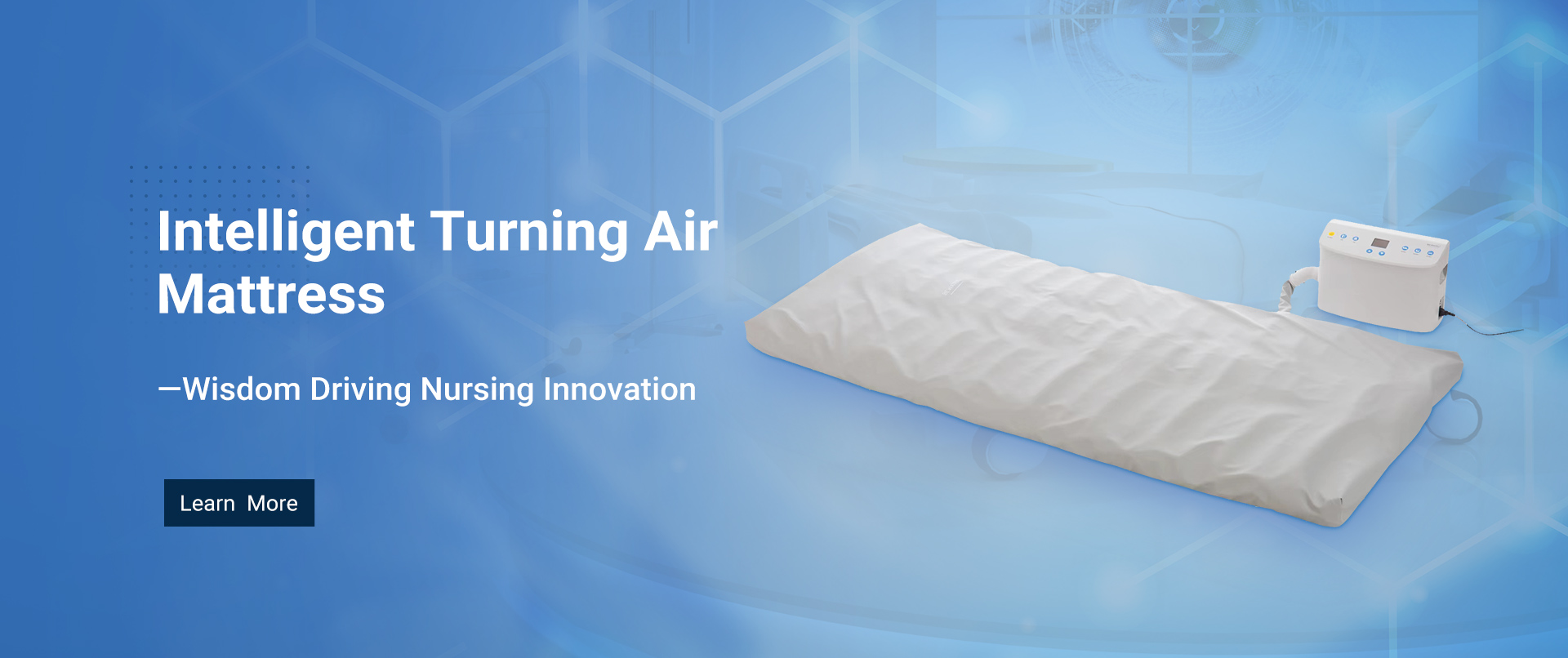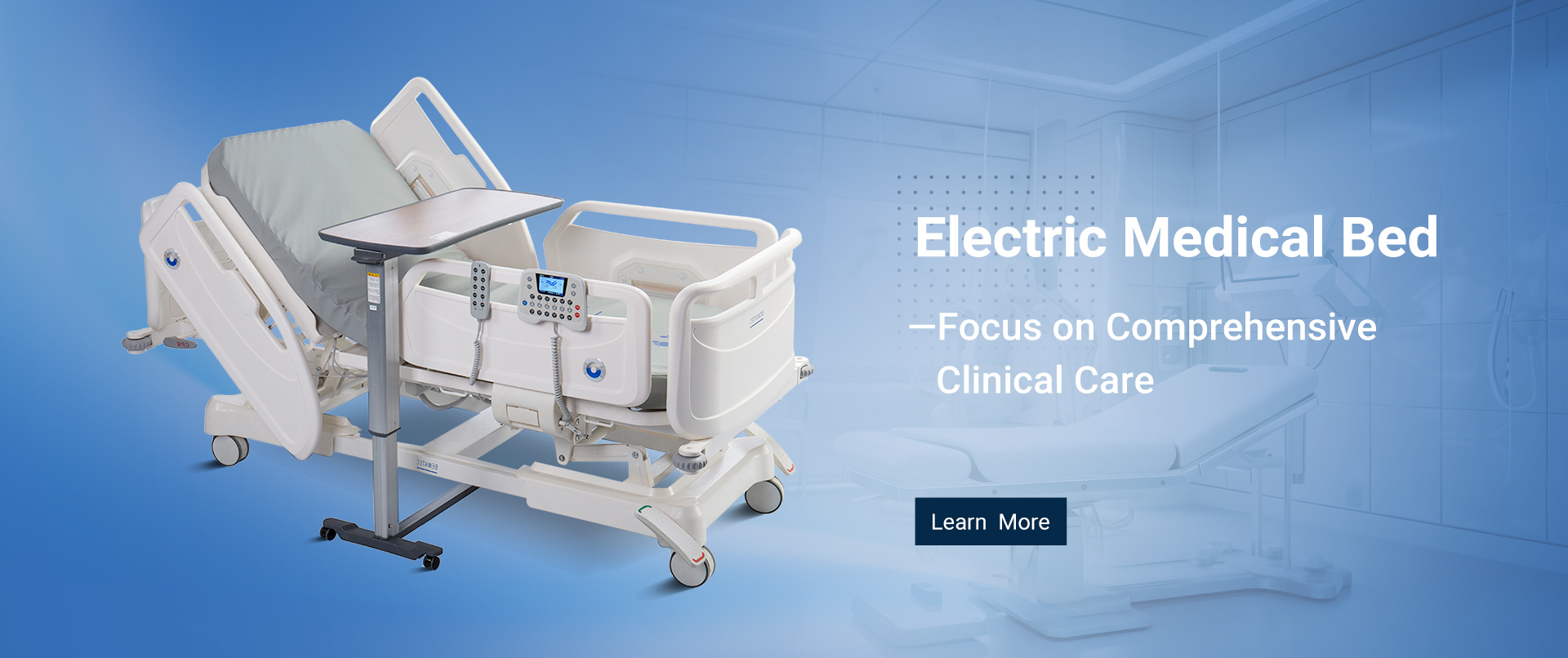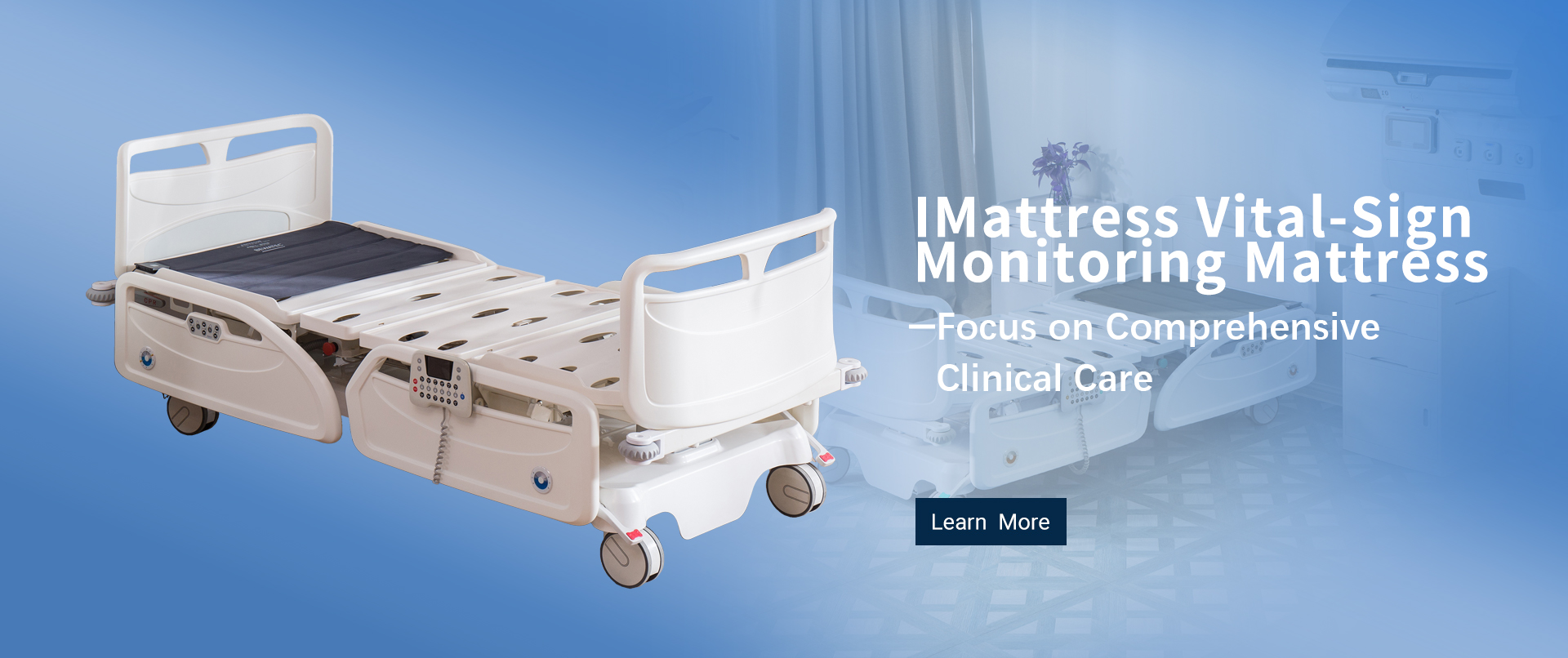In recent years, artificial intelligence technology has sparked a wave of innovation in the medical field. Among them, language generation models represented by ChatGPT are gradually becoming the focal point of the healthcare sector due to their powerful language comprehension and generation capabilities. The application of ChatGPT not only enhances the efficiency of medical research but also optimizes clinical practices and improves medical education, bringing unprecedented changes to the healthcare industry.
In terms of academic writing, ChatGPT, as an advanced language generation tool, provides substantial support for medical authors, significantly improving writing efficiency. Its robust language comprehension allows it to generate initial drafts based on author instructions and automate the review and editing process, saving researchers considerable time. Furthermore, ChatGPT assists non-native English authors in overcoming language barriers, facilitating smoother academic communication.
In scientific research, ChatGPT is considered an efficient and promising tool. It can be used for literature reviews, data analysis, and experiment design, providing strong support for researchers. Particularly in handling big data, such as electronic health records or genomic data, ChatGPT demonstrates outstanding performance, accelerating scientists' research progress.
In clinical practice, ChatGPT simplifies workflow and enhances efficiency. For instance, it can automatically generate concise discharge summaries, reducing the burden of documentation for doctors. Additionally, ChatGPT shows great potential in the field of radiology, helping to optimize clinical workflows and better utilize radiology services.
In medical education, ChatGPT showcases tremendous potential as a significant auxiliary tool. It can generate accurate and extensive clinical educational content, offering personalized learning experiences for students and serving as an assistant in group learning. The personalized interaction mode of ChatGPT enhances independent learning capabilities and provides guidance and training in professional communication skills for medical students.
Meanwhile, as a leading enterprise in the medical device manufacturing field, Bewatec is actively exploring the integration of artificial intelligence and healthcare. The company is committed to combining advanced artificial intelligence technology with medical devices, bringing more innovation and breakthroughs to the healthcare industry. By integrating advanced technologies such as ChatGPT, Bewatec injects new vitality into the intelligent and digital development of medical services, opening up broader prospects and opportunities for the future of the medical and healthcare sector.
In summary, ChatGPT, as an advanced language generation model, brings more possibilities and opportunities to the healthcare field. With the continuous development and improvement of artificial intelligence technology, we have reason to believe that the future of medical services will become more intelligent and efficient, bringing greater benefits to human health.

Post time: Jun-05-2024








